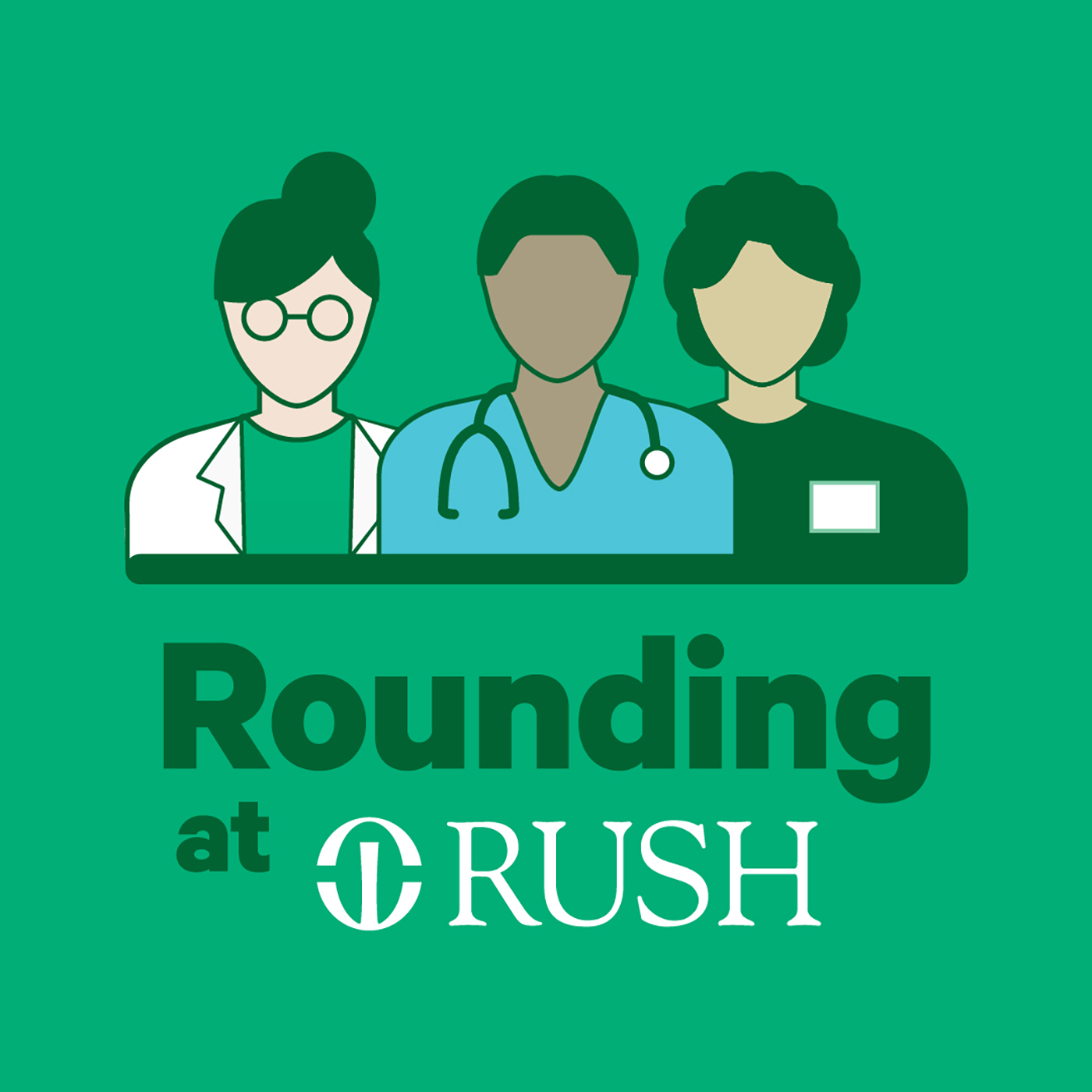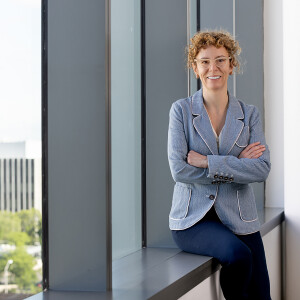
Rounding at Rush spotlights the work of physicians across the Rush University System for Health, comprised of two community hospitals and Rush University Medical Center, which is ranked by U.S. News & World Report as one of the nation’s best hospitals. As a leading health system, Rush delivers outstanding patient care, offers the latest treatments, educates the next generation of health care providers, and pursues groundbreaking research. Accreditation Statement In support of improving patient care, Rush University Medical Center is jointly accredited by the Accreditation Council for Continuing Medical Education (ACCME), the Accreditation Council for Pharmacy Education (ACPE), and the American Nurses Credentialing Center (ANCC), to provide continuing education for the health care team. This activity is being presented without bias and with/without commercial support. Designation Statement Rush University Medical Center designates this internet enduring material activity for a maximum of One (1) AMA PRA Category 1 Credit(s)™. Physicians should claim only credit commensurate with the extent of their participation in the activity. Disclosures The course director(s), planner(s), faculty and reviewer(s) of this activity have no relevant financial relationships to disclose.
Episodes

Thursday Aug 29, 2024
Thursday Aug 29, 2024
The older adult population is the largest-growing cohort of epilepsy patients in the United States. One in four newly diagnosed patients is 65 and older, and that number is set to double by 2055. With the signs of epilepsy presenting in more subtle ways than in younger patients, older adults tend to be late- and mis-diagnosed.
In addition, the geriatric population is often excluded from clinical trials because of age. Thus, this group is underrepresented and its clinical impressions from epilepsy are not well understood.
Rebecca O’Dwyer, MD, is a neurologist and epileptologist in the Rush Epilepsy Center and is the Director of the Epilepsy Clinic for Older Adults at Rush. Her clinical expertise is in epilepsy and cognition, as well as epilepsy and seizures in the older adult population.
“A lot of us in the epilepsy, neurology and lay community associate epilepsy with being a disease of the youth. But we see this bimodal distribution of cases in younger patients as well as older ones. For older adults, epilepsy can present as a symptom of an underlying disorder.”

No comments yet. Be the first to say something!